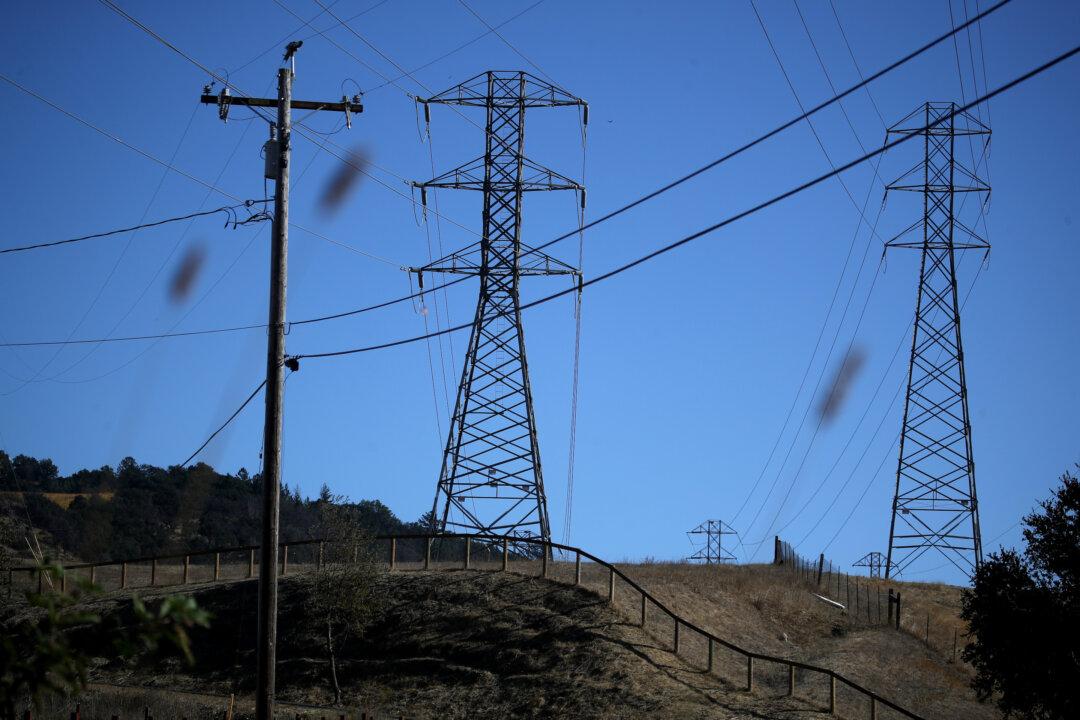State attorneys general of 17 states filed a motion this week with the Federal Energy Regulatory Commission (FERC) to stop BlackRock, the world’s largest asset manager and an outspoken advocate for replacing fossil fuels with wind and solar power, from acquiring large shares in America’s utility companies.
To protect the independence and stability of America’s electric grid, the FERC limits ownership of public utilities by a single entity to a 20 percent stake, although it sometimes allows exceptions for “passive” investors who do not get involved in management of the utility. If an active investor takes more than a 20 percent stake, they face additional scrutiny and regulations—something that BlackRock and other large asset managers want to avoid.





